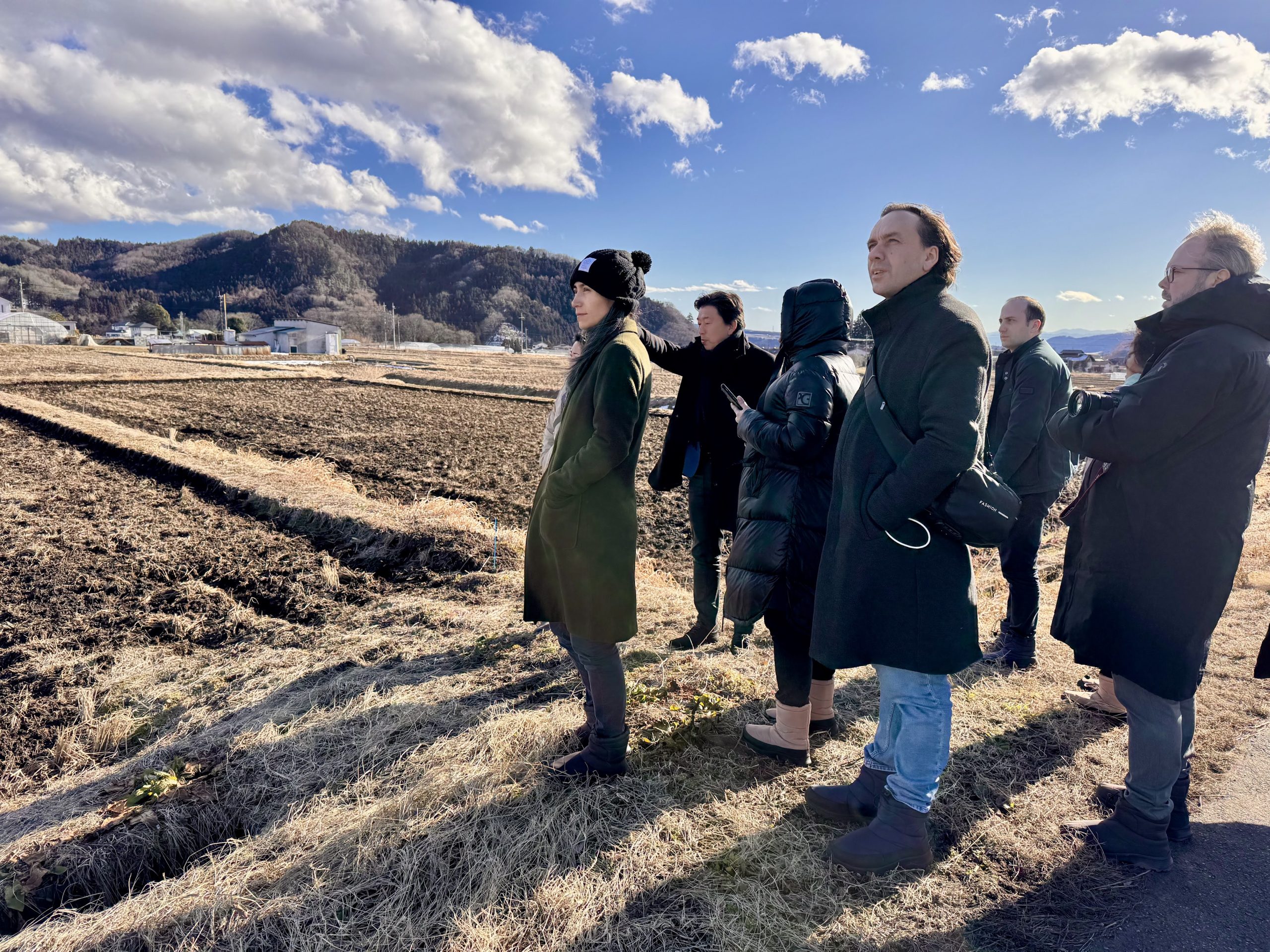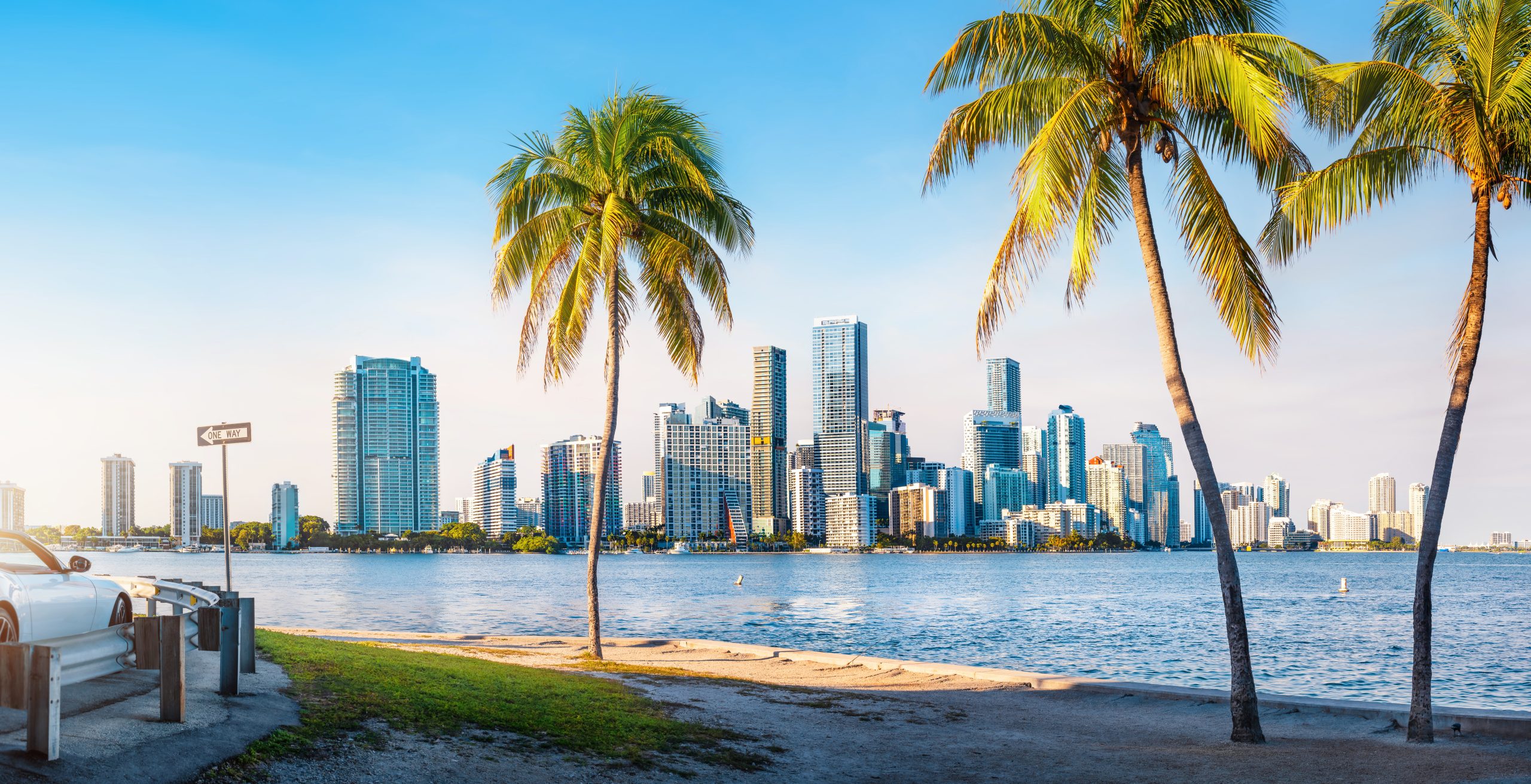Favourite kosher wine ‘impossible to find’ due to trade war
As Jewish communities prepare to celebrate Passover this weekend, a best-selling kosher wine brand has vanished from Canadian shelves due to the nation’s ongoing trade spat with the US.

In early February, the Ontario Liquor Control Board made the decision to stop selling American alcoholic beverages in response to President Trump slapping 25% tariffs on Canadian imports into the United States. Since then, Canadian shelves have been stripped bare of all US-made alcoholic products, including a popular kosher wine brand that has played a role in the Jewish celebration of Passover for decades.
This year, Passover begins at sundown on Saturday 12 April, and ends at nightfall on Sunday 20 April. The eight-day celebration sees Jewish communities around the world come together to remember the moment the Israelites were freed from slavery in ancient Egypt more than 3,000 years ago.
However, one staple item will be missing from the Passover tables of many Jewish Canadian families this year.
Manischewitz Wine has been produced in New York since 1987, and is the number one kosher wine brand in America. It also sells well in Canada, or at least it did before the sales ban. According to Reuters, as soon as the Ontario Liquor Control Board announced it was removing US goods from stores, bottles of Manischewitz were immediately “snapped up by shoppers”, leaving latecomers empty handed.
“People are freaking out,” Louise Waldman, a Jewish resident of Winnipeg, Canada, told the news agency.
Why is this significant?
Wine has a crucial role to play in the traditional Passover ritual, with family members drinking four small glasses of wine each to symbolise the four times God promised freedom to the Israelites. An extra cup of wine is often placed on the table and the door left open for the Hebrew prophet Elijah as many followers of the Jewish faith believe that one day Elijah will reappear to announce the coming of the Messiah.
Any wines served during Passover must be kosher, which means being made in a cellar that’s free from bread, dough, or grain products, as well as leavening agents (such as any non-kosher, non-indigenous yeasts), though other winemaking techniques remain the same.
Manischewitz Wine products (which include a kosher Moscato, Cabernet Sauvignon and Chardonnay, along with various fruit wines) are made and bottled under the strict Rabbinical supervision of the Union of Orthodox Jewish Congregations of America.
According to Manischewitz, its Cabernet Sauvignon and Chardonnay are both produced using grapes from the Curicó Valley in Chile, and its Cabernet Sauvignon expresses “vibrant fruit aromas of black cherry and dark plum” while its Chardonnay offers “aromas of apples, juicy peaches, and ripe pears… balanced with brown spices of nutmeg and cloves.”
Partner Content
Part of the Centerra Wine Company portfolio, Manischewitz is currently produced in Canandaigua, New York, rendering it off limits for Canadian consumers. The boycott of US-made products is partly designed to encourage people to “buy Canadian”, but few Canadian-made kosher wines have become quite as much of a household name as Manischewitz, despite quality being high.
Canadian kosher wines
Summerhill Pyramid Winery in the Okanagan Valley produces its Ner Tamid kosher wine from the same organically-grown grapes as those used in Summerhill’s non-kosher wines. The only Demeter-certified winery in British Columbia, Summerhill has 17ha of vineyard planted largely to red Bordeaux varieties but also some white including Riesling and Pinot Gris.
Furthermore, Tzafona Cellars in Ontario produces a kosher Merlot/Cabernet blend called Reserve Right Bank, aged for 18 months in new French oak, which critics say has the potential to age “for decades”. Tzafona also makes a Nava Ruby blend of Cabernet Sauvignon, Baco Noir and Merlot, and a Nava White from Vidal grapes, as well as a couple of Icewines.
Over in Toronto, Rodrigues Winery is also certified kosher for all its fruit wines: Blueberry, Cranberry, Lingonberry, Strawberry, Blackcurrants, Raspberries and Cloudberries, as well as its pear and plum brandies.
It’s not only the absence of Manischewitz on shelves, but also the rising cost of kosher food and drink more generally that’s concerning Jewish communities in Canada. “The price of food is astronomical, and the price of kosher food is even more concerning,” Richard Rabkin, managing director of the Kashruth Council of Canada (the biggest kosher certification agency in the country) told Reuters.
Related news
Could UK producers benefit from Canada's US alcohol ban?
Brown-Forman's CEO says Canada pulling US alcohol from shelves 'worse than a tariff'
Canada's leading craft beer restaurant concept expands to the US




